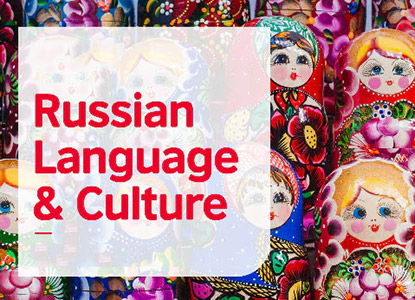
Connecting with Russian Culture Through Language
Connecting with Russian Culture Through Language offers an experience that goes far beyond simple tourism or academic study; it provides an authentic key to unlocking the Russian soul. Language is the DNA of a culture, carrying its history, values, and unique worldview within its vocabulary and expressions. When you learn Russian, you begin to understand why Russians may seem reserved at first but are incredibly warm and hospitable once you get to know them. You learn the nuances between formal and informal address, which is crucial for showing respect and building genuine relationships. Phrases and idioms that have no direct English equivalent suddenly make sense, revealing a mindset shaped by a long and dramatic history. This linguistic journey allows you to move past stereotypes and see the world from a completely different perspective, fostering a deep and meaningful appreciation for the people and their heritage.
Connecting with Russian Culture Through Language means gaining direct, unfiltered access to some of the worlds greatest artistic achievements. Imagine reading Fyodor Dostoevskys "Crime and Punishment" or Leo Tolstoys "War and Peace" in their original form, hearing the authors true voice without the filter of a translator. The emotional depth, philosophical complexity, and subtle social commentary become profoundly more impactful. The same is true for Russian cinema. Watching iconic films by directors like Andrei Tarkovsky or modern blockbusters in their original language allows you to catch the subtle humour, cultural references, and emotional undertones that are often lost in dubbing or subtitles. Furthermore, the world of Russian music, from the classical compositions of Tchaikovsky and Rachman in off to the heartfelt verses of Soviet-era bards and modern rock bands, becomes more meaningful when you can understand the lyrics and the stories they tell.
Connecting with Russian Culture Through Language also enriches your understanding of its traditions and social fabric. Learning Russian helps you appreciate the significance of holidays like Maslenitsa (the "butter week" before Lent) or Victory Day (May 9th), which are celebrated with immense passion and historical reverence. You can understand the toasts given at a dinner table, participate in heartfelt conversations, and grasp the importance of family and friendship in Russian society. This ability to communicate directly fosters a powerful bond, whether you are a student on an exchange program, a professional working in Moscow, or simply a traveler exploring the vast country. The language acts as a bridge, transforming you from an outside observer into an active participant. It is this intimate connection, facilitated by a shared language, that makes the effort of learning Russian an incredibly rewarding and life-enriching endeavor.








